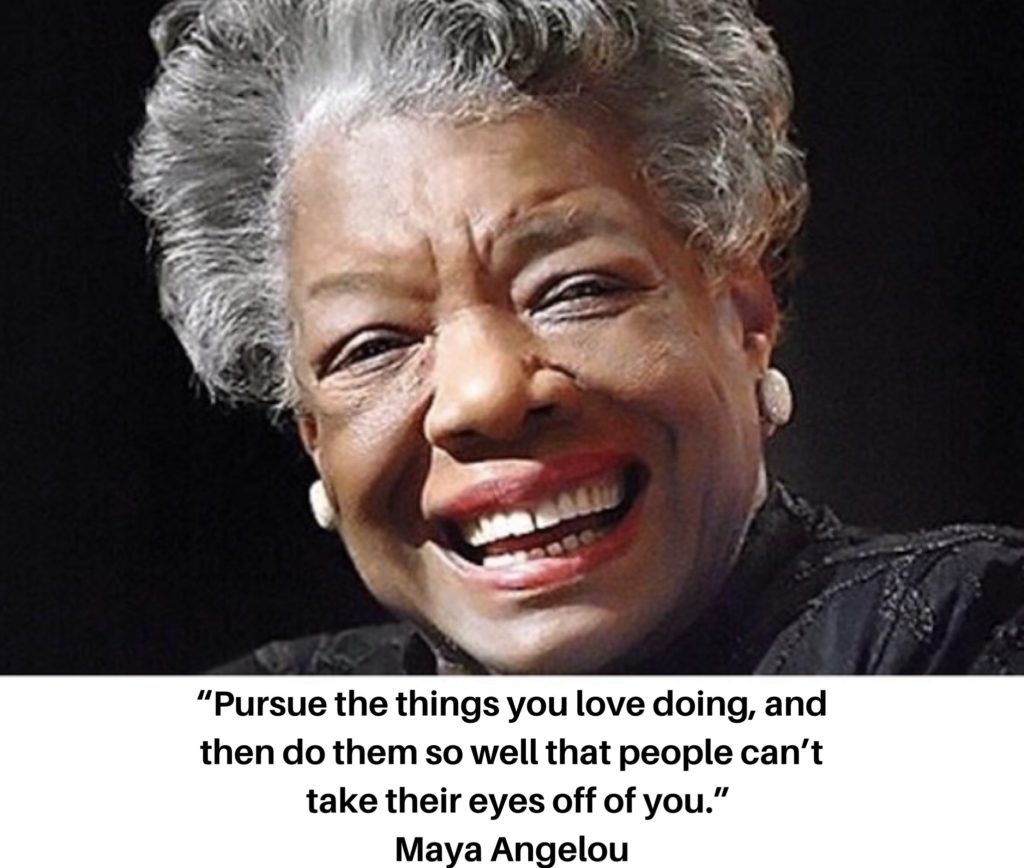
For some reason, It seems to me that I have always had a desire to “read up”, if you will, to better understand men and women who looked differently than I do. I’d like to say it came from hours around a dinner table of parents or grandparents that stressed the importance, and even made efforts to expose me, but that wouldn’t be true. At work this week, we were referencing the classic, “What you talkin’ ’bout, Willis,” line from the 1978-1985 iconic show, “Diff’rent Strokes,” so perhaps that is the genesis.
More than likely, however, is that some brilliant teacher planted a seed early on. (And that my friends is why we should all love and pay great respect to our teachers!).
Here’s the thing: While I have always had this desire, it continually seems to hit me in the face that I still don’t know enough. My efforts are good, but not acceptable – at least to me. It shouldn’t be the case that in America today that, at age 51 (almost 52), I am learning that Rosa Parks wasn’t the first to refuse to give up her seat on a bus. There were actually several before her – such as 15-year old Claudette Colvin, who was studying the great inequality injustice at the time, and opted for a bold move to make her point. I read her story just today. By the way, she also ended up in jail.
More grave is a story I learned two years ago, when my friend and mentor Tanesha, took me to a Black History event held at the University of Missouri Kansas City campus. Shocked, lump in your throat, disturbed…. all may be a good way to describe how I felt when finding out that of the 12.5 million Africans shipped to the New World via the Translantic Slave Trade, that fewer than 388,000 arrived in the United States. (According to PBS.com.) That means that over 12 million men, women, children… loving grandparents, respected community members… all died A tragic death during the journey. To put that in perspective, 6 million Jewish people were killed by Nazi Germany by the end of World War II and the Holocaust. (According to Guardian.com). It left me unraveled.
I hope that you knew this and that you have already made strides in using your influence to help us be better. If you didn’t, I hope this helps paint the picture that we need to work toward truly understanding the human experiences of our fellow countrymen/women. Society as a whole is impacted tremendously by history in many ways – psychologically, physiologically, socially, economically, etc. By studying and building awareness, even at the most cursory levels (although we shouldn’t stop there), we are able to move toward eradicating stereotypes, and improve society as a whole.
The founder of Black History Month, Carter G Woodson, considered his role was to use “black history and culture as a weapon in the struggle for racial uplift.” (Smithsonian Institute) That is a weapon we can all get behind. By 1916, he had established the Association for the Study of Negro Life and Culture with a goal of making black history accessible to a wider audience. In February of 1926, Black History Month launched in America. We might think that in 94 years we would have made such progress that this recognition wouldn’t be needed, however, the facts demonstrate this is not the case. Us American’s are a tough group. As the Smithsonian article I am referencing noted, “The chains of slavery are gone, but we are all not free.” The author’s final note describes slavery is an African American success story “because we found ways to survive, to preserve our culture and our families.” I appreciate that optimistic viewpoint.
I hope today’s blog offers you a bit of inspiration to do some research regardless of your race or background. I can assure you that it is worthy to always better understand those that God has placed to live this life out with us side by side. We are so much better together and beyond powerful when unified.